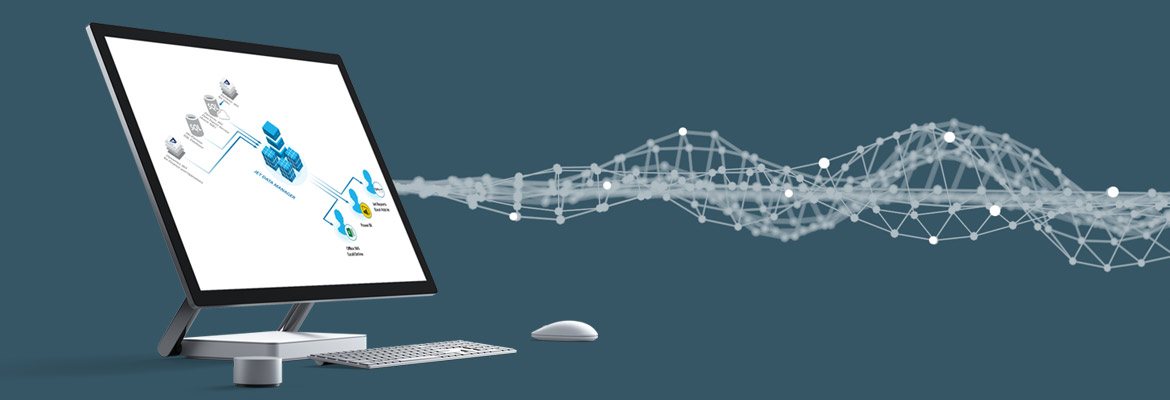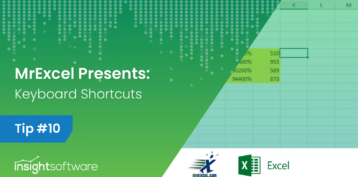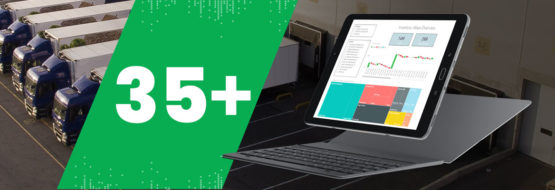3 Reasons Why Legacy Data is Vital to the Success of Your ERP Data Migration

What is Legacy Data?
Every ERP implementation requires migrating data from an old system to a new system. Enter the term “legacy data.” Your legacy or historical data is an accumulation of all the customer, vendor, accounting, employee, and shareholder data that your business has built. After decades of compiling this data, most businesses want to keep it in the new system to preserve its integrity and use it for their benefit. Unfortunately, there are a few obstacles they face when it comes to migrating that data into their new ERP system.
The Challenges of Legacy Data in Data Migration
Data migration is known as a necessary evil when upgrading and replacing your ERP system. The process gets a bad rep because it is usually time-consuming, costly, and complex. One of the main reasons why data migration is such an arduous task is because companies have to bring over huge quantities of existing master and transactional data and make it fit in the new ERP system structure. As your core company data, master data is detailed, but relatively constant over time. Transactional data, on the other hand, is random and unpredictable, easily adding up to millions of records.
It’s the breadth and scope of a data migration that makes some companies decide to migrate less data or avoid migrating legacy data altogether. But there are several downsides to this approach. While it may be cheaper and quicker on the surface, the added value that historical data brings can impact how you measure and analyze performance, as well as how easily your users adopt the new system.
Here are the top three reasons why you need to consider legacy data in your upcoming ERP data migration:
- Legacy Data is Vital to Measuring Performance
The master and transactional data that you’ve been collecting since the beginning is highly valuable and unique to your operations. It should be used to gain a complete picture of your overall performance. - Legacy Data Reveals Trends and Patterns for Planning
All those years of knowledge provide insight into your business and should be used as a benchmark to optimize processes and business forecasting. - Legacy Data Provides Context and Reassurance to Users
Your users are familiar with your old data, so having it in your new system not only gives them the confidence that it’s all there, it proves to them that the new ERP system is working as it should.
Simplify Your Data Migration Strategy
Legacy data is a key component to the success of a new ERP implementation. And now there is a way to drastically reduce time to completion while eliminating errors and saving resources. With our combined experience in data migration, business intelligence, reporting, and analytics, insightsoftware has put together a whitepaper that covers the best data migration strategy in detail: use an ETL tool and data warehouse. Download this whitepaper for a full analysis of this approach and find out how you can preserve your most valuable data faster and easier, saving time, money, and lowering stress levels significantly.
In this whitepaper, you will also learn about:
- Data extraction
- Data cleansing and harmonization
- Data loading
- Testing
- Data archival





